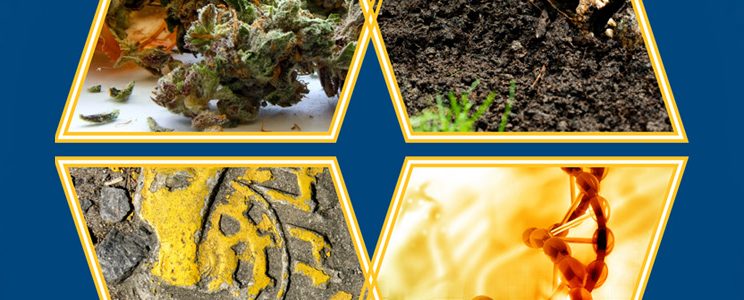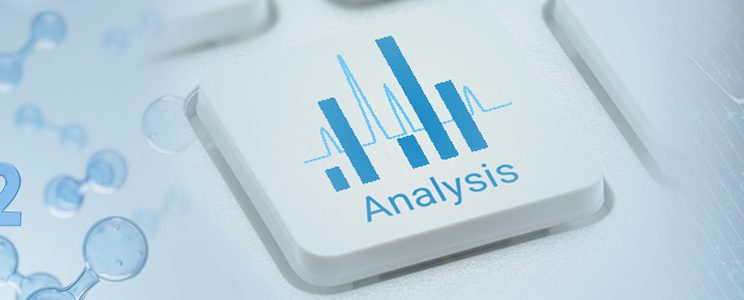Original Release Date: March 19, 2021
In episode nine of the 2021 Illicit Substance Use Response season, Just Science interviews Clarence Jordan, the Vice President of Wellness and Recovery at Beacon Health Options, to discuss stigma and its impact to programs designed to support those with substance use disorder and on individual level outcomes.
There is no shortage of stigma surrounding the overdose crisis facing our nation. The proliferation of stigma and its impact are constant battles for practitioners and organizations dedicated to combating the problem. Clarence Jordan and the rest of his team at Beacon Health Options enhance their efforts to provide recovery-based principles and behavioral health services through education and community engagement. Listen along as our guest discusses peer support programs, stigma as a barrier to mental health treatment, and the role of education in the de-stigmatization of substance abuse disorder in this episode of Just Science.
This season is in collaboration with the Bureau of Justice Assistance Comprehensive Opioid, Stimulant, and Substance Abuse Program funding to respond to illicit substance use and misuse in order to reduce overdose deaths, promote public safety, and support access to services.
This episode of Just Science is funded by the National Institute of Justice’s Forensic Technology Center of Excellence [Award 2016-MU-BX-K110].
View or download the episode transcript here:
Transcript
Guest Biography
Clarence Jordan, Vice President of Wellness & Recovery at Beacon Health Options, leads the company’s national Wellness & Recovery Program, responsible for putting into operation Beacon’s commitment to recovery-based principles in the delivery of behavioral health services. Jordan is a former naval officer, and his recovery journey is chronicled in last year’s edition of National Council Magazine’s “50 Years, 50 Stories of Recovery” special issue to commemorate the 50th anniversary of the Community Mental Health Act. Additionally, he received the Consumer Leadership Award at the Substance Abuse and Mental Health Service Administration 2010 National Voice Awards, as well as its 2012 Voice Awards Fellowship. In 2014, the National Council for Behavioral Health named him its Peer Specialist of the Year.
The opinions, findings, and conclusions or recommendations expressed in this podcast episode are those of the presenter(s) and do not necessarily reflect those of the U.S. Department of Justice.
Contact us at ForensicCOE@rti.org with any questions and subscribe to our newsletter for notifications.




